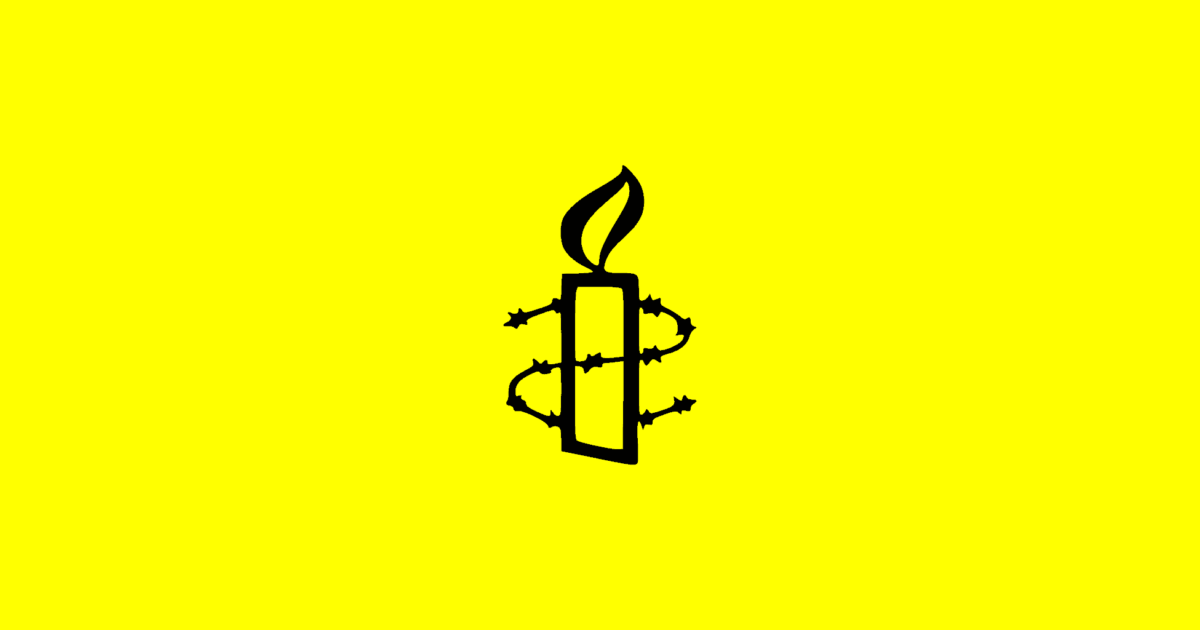Lebanon
Lebanon
Women’s rights activists focus on ending domestic violence, changing the penal codes, and increasing women’s political participation in Lebanon— particularly within reconstruction and peacebuilding efforts. Women’s security is also a major concern, with extremist attacks along the Syrian border.
Lebanon’s history of instability and insecurity have negatively impacted women. Failed presidential elections, the struggle to host over one million Syrian refugees, and proximity to the Syrian war have sidelined efforts to improve women’s rights. Women are discriminated against in legislation and in the court system, including in the areas of marriage, divorce, and the custody of children. Lebanon’s legal conflicts between criminal, civil, and religious authorities have also made it difficult for women to exercise and advocate for their rights.
In 1997, Lebanon ratified the Convention on the Elimination of All Forms of Discrimination Against Women (CEDAW). In April 2014, Lebanon also passed the Domestic Violence Law, criminalizing abuse and promising protection and legal recourse for women; however the law has not made a discernable impact on women’s protection. Lebanon does not have a National Action Plan.
Based on the work of the NGOWG and its partners, the NGOWG advocates for the Security Council to ensure that the mandate of the UN mission in Lebanon (UNIFIL) is strengthened and that gender issues are integrated into all response activities. Specific attention must be paid to women’s participation in all security-related matters, including disarming non-state armed groups, and gender-sensitive needs assessments to effectively coordinate humanitarian assistance.
Current and Past Recommendations to the UN Security Council (Monthly Action Points)
Lebanon’s political crisis, increasingly violent demonstrations, inflation and the worst economic crisis in its modern history, increased attacks on freedom of speech, rising hate speech and xenophobia, the COVID-19 pandemic and the aftermath of the Beirut Port explosion continue to have a particularly acute impact on women, the LGBTIQ+ community, refugees and migrants. Recent research has clearly shown the gendered impacts of the current crisis are directly connected to the concerning deterioration of the rule of law, austerity, inequalities in the labor market, discriminatory legal frameworks and norms, and the rise in domestic violence – all of which undermine safety and security for local populations. In addition, the proliferation of small arms contributes to increased risk of accidents, murder, suicide, and GBV. In almost a year since the Beirut Port explosion, a domestic investigation has been delayed and failed to produce results (HRW, AI). The Council should support civil society calls and urge member States to support a UN Human Rights Council fact-finding mission (HRW, AI) to ensure accountability and justice for those affected – especially female-headed households, elderly, refugee women, women with disabilities, the LGBTIQ+ community, or migrant workers who have been particularly vulnerable to the impacts (UN Women, Oxfam, PeaceInsight) – including by urging Lebanese authorities to lift immunity of responsible officials.
In the upcoming renewal of the mandate of the UN Interim Force in Lebanon (UNIFIL), the Council should take into account the recommendations from the recent meeting of the IEG on WPS (S/2021/625) and maintain all existing WPS provisions, update language to include the standard formulation of “full, equal and meaningful participation and leadership,” and add a specific reference to consistent engagement and consultation with diverse women’s civil society organizations – including in decisions related to the recovery process from the Beirut port explosion. In recognition of the barriers to women’s meaningful participation and leadership, the Council should emphasize the importance of removing all discriminatory laws and adopting a unified personal status law. In any adopted outcome, the Council should also add language which calls for humanitarian action to be carried out in line with existing obligations under international humanitarian law and for women and girls to have access to the full range of livelihood, legal, psychosocial and medical services – including sexual and reproductive health services – without discrimination (S/RES/2242 (2015), CEDAW/C/LBN/CO/4-5). Relatedly, the Council should call for UNIFIL to undertake a gender-sensitive needs assessment to more effectively support and coordinate humanitarian assistance which recognizes and partners with women’s groups at the frontline of providing critical services in communities. Finally, the request that UNIFIL provide “enhanced reporting” should be expanded to specifically request information on the barriers to women’s participation, and further be inclusive of intersectional gender-sensitive conflict analysis of the impact of the current health and economic crises on marginalized groups, including migrant workers and refugees (AI, UNSCOL, HRW, S/2020/195, S/2019/889).
Relevant Resources







